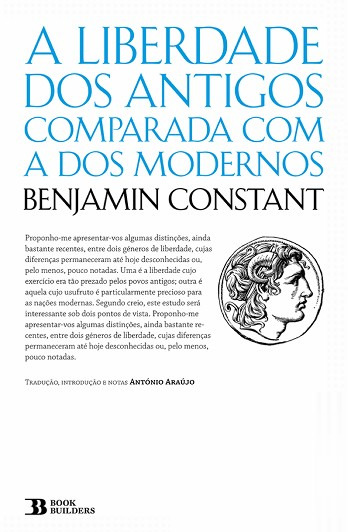What do you think?
Rate this book


77 pages, Paperback
First published January 1, 1819
Le danger de la liberté moderne, c’est qu’absorbés dans la jouissance de notre indépendance privée, et dans la poursuite de nos intérêts particuliers, nous ne renoncions trop facilement à notre droit de partage dans le pouvoir politique.
Les dépositaires de l’autorité ne manquent pas de nous y exhorter. Ils sont si disposés à nous épargner toute espèce de peine, excepté celle d’obéir et de payer!